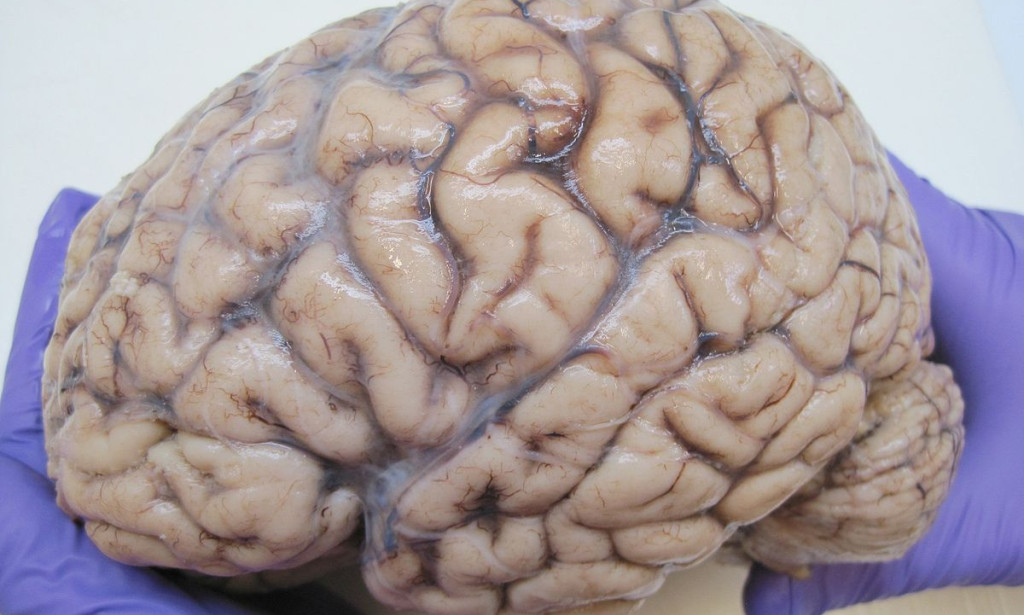Memory Retention And How The Brain Works
How does a young boy of five, memorize chapters of a book, and recite them continuously without pausing, what causes memory loss in the aged? Can one's capacity for memory retention be improved? The answer to these questions lies in the brain's information retention system.
The acquired knowledge is a collection of our experiences, which expands daily as we experience new things. Everything we do or think depends on our memory which is active every moment, receiving new information from our senses, updating existing knowledge using focus and attention, and retrieving the stored information and skills.
Exercising your memory regularly is the key to brain enhancement, especially if you ward off memory issues later on.But memory strength varies from one person to another.
Generally, there are two different memory types; short-term and long-term memory that store and access information differently, and many brain regions are involved in the process.
Short-term memory retains information for a few seconds and its capacity ranges from seven to nine items for a normal person. It tends to weaken as individual's age increases.
Long-term memory retains unlimited information for an infinite duration. There are three fundamental memory processes; encoding, retention, and recall. One can read for hours encoding through studies and still have difficulty remembering.
Encoding allows converting the perceived information of interest into a construct that can be retained in the brain. From research, children recall what they’ve been taught easily due to persistent and continuous repetition, images, and practicalization. It is the first stage of memory creation.
Retention is the storage of encoded information in the brain. Retrieval is the re-accessing of retained information in the brain. A part of encoding and retention is memory consolidation which stabilizes a memory trace after its initial formation.
Brain areas associated with memory are; the cerebral cortex of the frontal, parietal, and temporal lobes, the hippocampus, the amygdala, and the diencephalon . Loss of memory leads to an inability to encode short-term memory to long-term memory.
There are factors affecting memory retention and recall, through evaluative theory, and cognitive research studies such as attention, rehearsal, sleep, testing, mnemonics, exercise, nutrition, and reward.
The conventional concept of learning and retaining is that learning takes place during studying, while retrieval helps to access the learned concept.
Common memory loss and forgetfulness problems are; misatttribution, suggestibility, transience , absent-mindedness. There are also underlying factors that can impair memory retention such as aging, distractibility , sleep issues, nutritional deficiencies, hormonal imbalance, family history, diet, lack of exercise, medications, smoking, substance abuse, and emotional issues.
Irrespective of the fact that memory retention is dependent on neurological factors, one's environment, state of mind and health conditions play a key role in memory retention.


You must be logged in to post a comment.